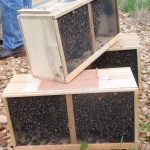
Canadian beekeepers call for regulatory accountability
Some groups in the sector are frustrated with the Canadian Food Inspection Agency’s ban on U.S. packaged bees

Canadian beekeepers warn of advancing tropilaelaps mite
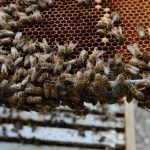
CFIA rejects beekeeper proposals on U.S. packaged bees
The CFIA was unconvinced that suggested measures could offset the risk of importing bee pests along with bulk bee replacement stock
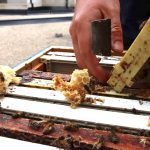
New bee health product receives federal approval
Hops provide the key ingredient for a new bee immunity tool approved for beekeeper use in Canada
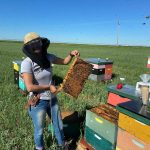
Alberta beekeepers and their bees play crucial role
Beekeepers play a crucial role in the province, but they also face many challenges
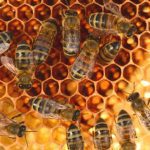
Beekeepers take stock of surviving hives
Alberta has the largest amount of overwintering loss, Canadian Honey Council says

‘We’ve always taken for granted that the sugar’s always been there’
Sugar shortage highlights beekeeper feed vulnerability, Praire beekeepers say
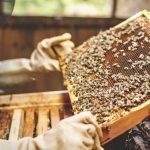
American foulbrood vaccine gets green light for Canadian beekeepers
Producers will be able to get the vaccine in spring 2024

The search is on for the honeybee best suited to Alberta
Do bees born and raised here fare better over winter than their cousins reared in warmer climes?


